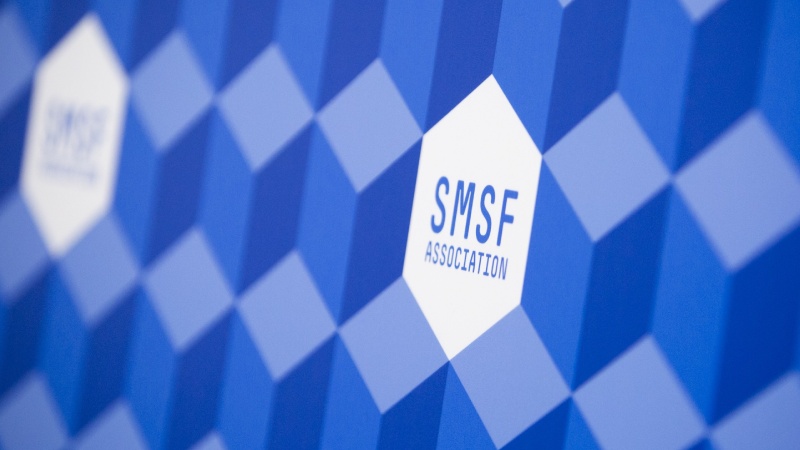SMSF Association calls for practical approach to non-geared unit trust breaches
The SMSF Association has called for changes to non-geared unit trust breaches as the current compliance approach has continually created unnecessary costs to SMSF trustees.
In a recent submission to Treasury on the upcoming federal budget, the SMSF Association said the practical administrative nature of dealing with breaches for non-geared unit trust (NGUT) along with the strict criteria causes an unnecessary compliance cost to SMSF trustees.
The association urged the government to provide practical regulatory and compliance relief for minor breaches of the non-geared unit trust rules.
The SMSF Association noted that the issues begin when SISR Regulation 13.22D regulates trigger events that cause an NGUT to breach regulation 13.22B or 13.22C and render the investment as an in-house asset.
“These trigger events align with the criteria in 13.22B and 13.22C. For example, if the trustee of the unit trust undertakes a borrowing or invests in a listed share, the unit trust will no longer be a 13.22B or 13.22C unit trust,” the SMSF Association said.
“Importantly, if any of the requirements of regulation 13.22D are breached, the unit trust ceases to be a 13.22B or 13.22C unit trust. Such a breach can never be rectified. This means a trigger event in regulation 13.22D will taint the unit trust forever for that superannuation fund.”
The consequence of this is that the unit trust would then form part of the in-house assets of the SMSF, explained the SMSF Association.
“In that case, if the value of those units breaches the 5 per cent limit, ultimately, the fund would need to dispose of its interest in the unit trust (at least up to the 5 per cent limit),” the SMSF Association noted.
“This could trigger significant taxation and stamp duty consequences; or if the value does not breach the 5 per cent limit, the SMSF has the option to retain its investment in the unit trust and, in which case, it would need to continue to monitor the 5 per cent limit.”
The SMSF Association observed that the penalty for a breach of regulation 13.22D is unnecessarily strict and impractical.
“This is because the usual remedy is for SMSF trustees to sell the units they hold in the NGUT as required by the law and then re-purchase the same structure,” the SMSF Association continued.
“Regardless of how small a breach is, such as a $1 overdraft, the unit trust is compromised. This includes the approved SMSF auditor not being able to apply any prospective green tick of approval.”
The SMSF Association proposed that trustees should be allowed to implement a plan to rectify the breach before the end of the following financial year.
“We propose that breaches of regulation 13.22D can be rectified in an appropriate period. A breach would still occur but the ability to rectify the breach removes the cost and administrative burden of selling assets and re-purchasing them,” the SMSF Association explained.
“This would be akin to the practical approach taken when trustees breach the in-house asset rules. The in-house asset rules require the trustees of SMSFs who have assets that exceed the 5 per cent in-house asset limit at the end of a financial year to prepare a written plan to rectify the situation before the end of the following financial year.
“The plan must specify the amount that is above the in-house asset limit and set out what steps will be undertaken to reduce the fund’s in-house assets to below the 5 per cent limit (generally by disposing or selling excess assets). Each trustee of the fund must ensure that the steps in the plan are carried out within the next year of income.”
Practical compliance concessions have been adopted by the ATO as regulator in addressing compliance issues that have arisen with regards to NGUT due to the impacts of COVID-19, according to the association.
“These measures have provided practical temporary relief,” the SMSF Association continued.
“Whilst the application of the concessions will have a limited shelf-life in their current form, they do however provide a current, and relevant case study, demonstrating that such measures can be practically and reasonably applied by the sector.”

Tony Zhang
Tony Zhang is a journalist at Accountants Daily, which is the leading source of news, strategy and educational content for professionals working in the accounting sector.
Since joining the Momentum Media team in 2020, Tony has written for a range of its publications including Lawyers Weekly, Adviser Innovation, ifa and SMSF Adviser. He has been full-time on Accountants Daily since September 2021.








